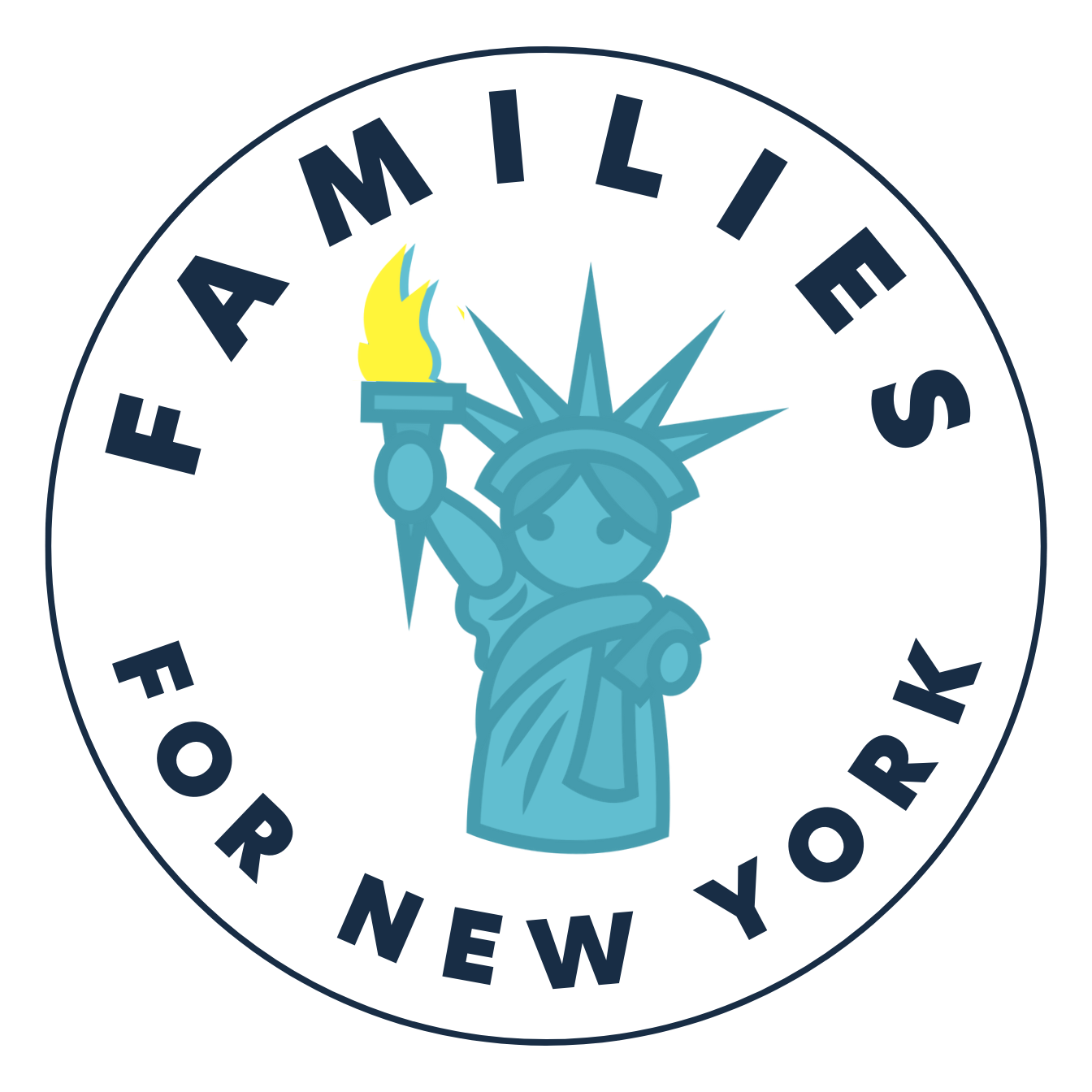Do Politicians and Bureaucrats Listen to NYC Parents?
In 2017, under Chancellor Carmen Farina, the DOE published “Excellence for All: Diversity in NewYork City Public School”; a plan to make our schools more diverse. The plan had the goal of increasing diversity ‘in many forms’ throughout NYC public schools; but also recognized that “…in our system, a simple one-size-fits-all solution is neither realistic nor desirable.”
The plan promised that it would respect the needs and preferences of all communities. It stated: “Collaboration with communities — as well as locally and nationally respected researchers and practitioners — will be the primary driver of citywide and district-level diversity plans.”
District 15 (Brooklyn) Community Engagement
So in 2018, when District 15 approved its diversity plan, with full support from their CEC, Carlos Menchaca (then City Councillor representing Brooklyn) said: “This plan was built from the ground up. It is the result of more than a year of community input from every corner of District 15. I commend Mayor Bill de Blasio and Chancellor Carranza for listening to the people and approving this plan.”
District 2 Community Education Council (CEC)
Fast-forward to 2022 and it appears that when we are talking about Manhattan, and the city’s largest school district, it’s not about “the community” anymore otherwise parents would not be leaving in droves (as CEC member Chien Kwok wrote about recently)
Computer Science Professor and District 2 parent, Amelie Marian reported that last year 18% of high school applicants in District 2 were not matched with any of their 12 choices of high school. Compare that with just 9% for District 15 and 7% citywide. On top of this, families in the district lost priority over schools locally or in the borough — and yet every other borough in NYC has some sort of local geographic priority for students.
So as the discussion again turned to school selection this year, the need for parents to be heard has felt increasingly urgent and fraught with anxiety.
And finding consensus in a city that elevates its community’s needs should be easy for a district with an incredibly unified CEC. In fact, a ‘super majority’ of members were elected to the District 2 CEC on a platform that was specifically supportive of accelerated education and keeping G&T schools. The position of the council, and the community that elected these representatives, could not be more clear.
District 2 Community Engagement (Or Lack Thereof)
The new NYC DOE Chancellor David Banks has also stated publicly that he does not believe there is a one-size-fits-all solution to public education in NYC. And, as such, Banks called on local superintendents to engage with their CECs and communities to decide on the Middle School enrollment process for 2022/23. Parents had reason to be hopeful…
The D2 Superintendent held four engagement sessions (one in Mandarin) where parents overwhelmingly asked for the option of some schools with objective admissions criteria. The ask was a compromise where there would be consistency across schools; more academically rigorous tracks; and just a handful of screened additional schools (pre-pandemic the district had 18 screened middle schools).
We’ve now written about the response. A simple letter from the Superintendent discarding feedback. And not a word from elected officials decrying how the Superintendent ignored community feedback. Local politicians are willing to celebrate community feedback (such as was the case in District 15) but when it goes unheeded… crickets.
What’s Next?
Well, we know that elected officials have always felt comfortable ignoring the families in their districts if they choose the ‘wrong’ type of schools.
In Brooklyn, Senator Jabari Brisport represents Senate District 25 which overlaps with school districts 13 and 16. Based on IBO data, 22% of D13 and 43.5% of D16 students are enrolled in charter schools. You would think that Senator Brisport would at least try to understand why so many families in his neighborhood are fleeing the district and choosing a charter school? But here is Senator Brisport publicly saying he is against charters during his campaign.
In Harlem, Senator Robert Jackson is also advocating against charter families. Jackson’s district overlaps with school district 5 which has 47% of students enrolled in charter schools, but he is asking the Governor to not implement a system where the money follows the child to whichever school their family chooses.
Despite all of this there is a vigilant anti-charter effort and an equally passive ‘let them leave’ attitude for those, in both cases, rejecting the lack of engagement from the city.
When will NY politicians and DOE bureaucrats start to truly listen to parents and respect their school choice regardless of what type of school? And when will parents realize that as residents they have a voice that can bring about change?
